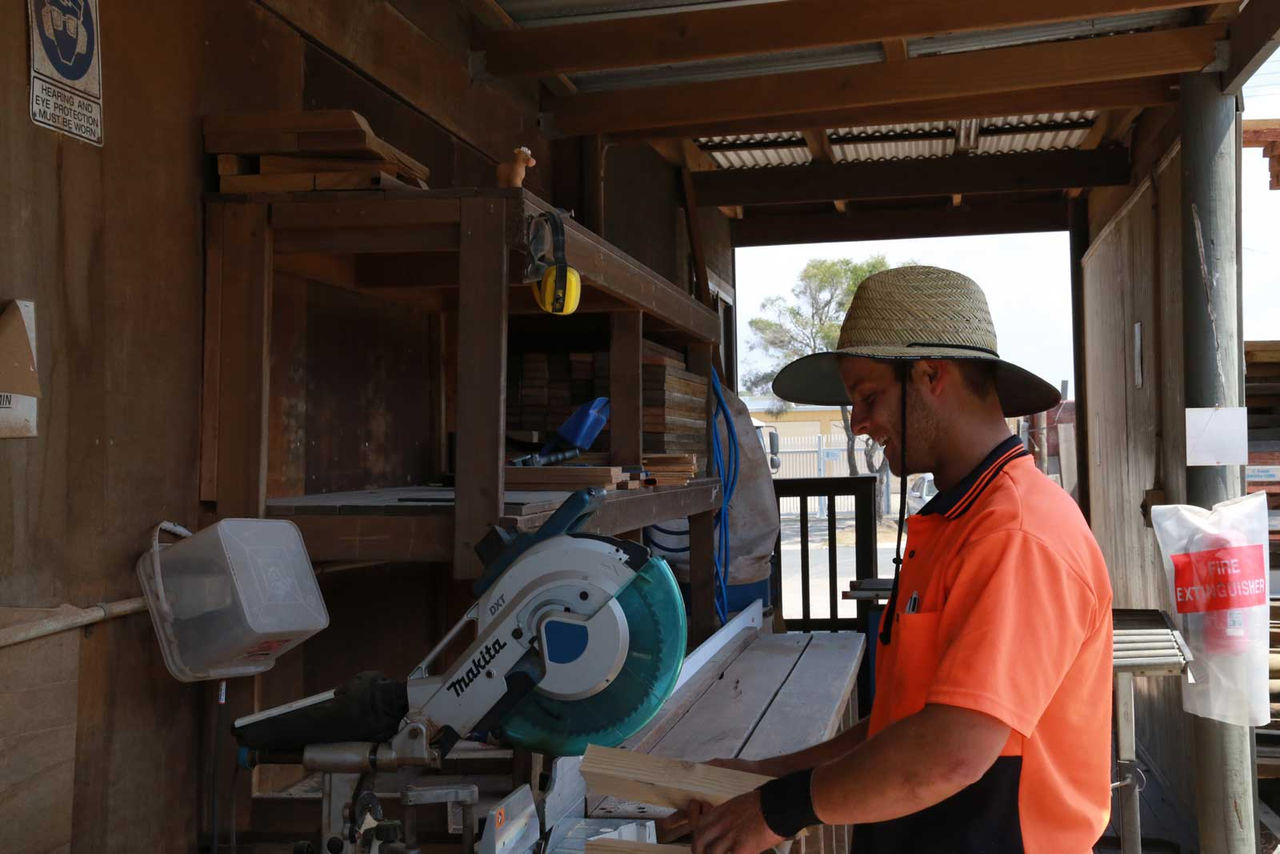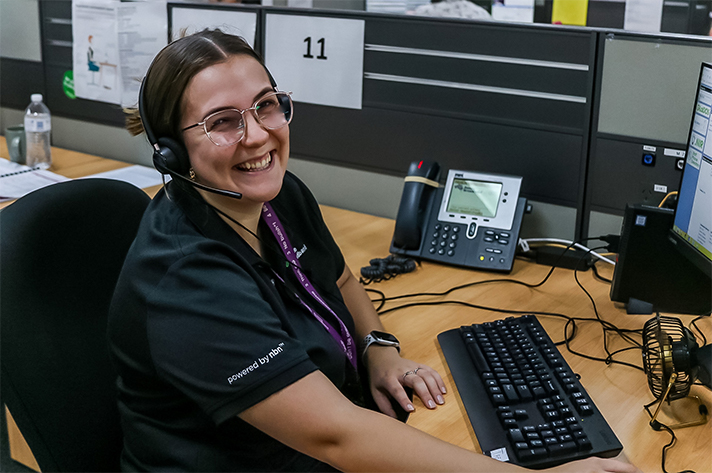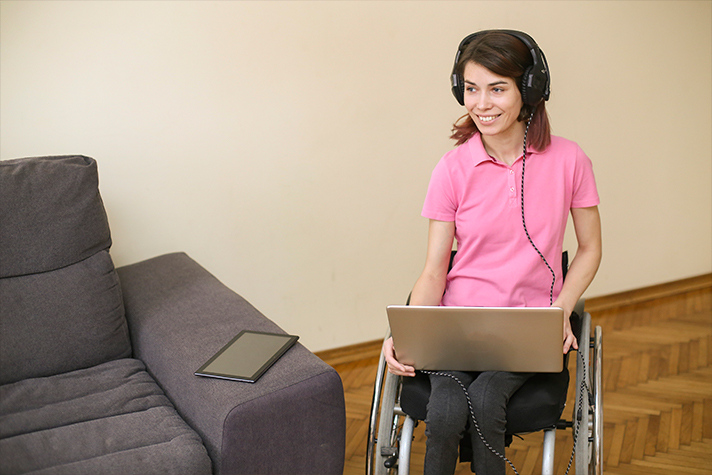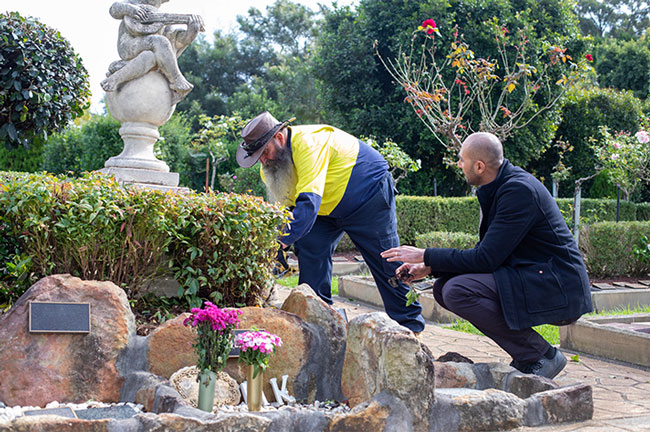Dealing with back pain at work
Published by MAXSolutions on October 30, 2022

Back pain is a common condition with around 80% of Australians experiencing issues with their backs at some point in their lifetime.
For some this is a one-off occurrence, for others, it can return sporadically, or even become an ongoing condition that needs to be managed.
Learning how to manage your back health is about being aware of your limitations, implementing preventative strategies and taking on activities that improve and strengthen your body.
The first step, however, is to understand your particular type of back pain and identify the triggers and how you can minimise the chance of future flare-ups.
How does back pain present?
Back pain can range from dull aching to more painful shooting or burning sensations.
This pain can radiate down your limbs and may include tingling sensations in your extremities.
You may also encounter muscle stiffness or spasms that can make movement challenging.
Causes of back pain
There are many causes of back pain. Most are not serious, and when pain occurs it will subside in a short period of time without the need for treatment.
Sometimes, the pain lasts longer than expected and additional support may be required.
In these cases, it’s important to have your condition assessed by health practitioners to ensure you have an appropriate treatment plan for your situation.
Back pain from sitting at a desk
Poor ergonomics and a sedentary lifestyle may contribute to back pain for some people.
Many workplaces have implemented measures to increase movement and posture change.
Standing desks, frequent work breaks, regular physical activity, and task variety all help reduce long periods of static sitting and can help manage back pain.
Back pain in physical jobs
For those in physically demanding jobs, the amount of physical activity and the intensity of these activities may contribute to pain.
In these roles, it is important to understand your physical limits, pace your activities to avoid aggravating pain, ask for help where required, and develop suitable lifting techniques to manage the demands of the job.
Returning to work with back pain
In most cases, you will be able to continue working while you experience back pain.
You may need to reduce the intensity of your tasks, work alternative duties, or ask for help completing your daily activities, however maintaining a routine and work schedule is important for a healthy recovery.
If your pain leads to time away from work, you may be required to undertake a medical or fitness for duty assessment before you can return to the job, or a return-to-work plan may be developed.
One of the most important and often overlooked parts of returning to work after an injury is communication.
You may need time to transition back to full duties or there may be tasks that you can’t do the same way or at all.
There may also be new equipment needed to help you complete your duties, or workplace modifications required.
JobAccess is available to individuals and workplaces in cases where permanent disability is diagnosed and workplace modifications are required. In most instances, back pain does not progress to this level.
On rare occasions, it may be necessary to consider a different job.
This is not a decision to be taken lightly, and consultation with medical and allied health practitioners as well as occupational physicians should be sort first.
If it is deemed necessary, supports are available to help identify new suitable employment options.
Having open channels with your boss and HR helps to make sure everyone knows what your capabilities are and what adjustments might need to be made.
General back health advice
If you are recovering from or managing back pain it is important to follow the advice of your doctor and allied health team.
They know your unique situation and will formulate a plan to help you overcome your challenges.
The following, however, represent some general advice that will help keep your back in good health:
Don’t overdo it – your recovery may take time, make sure you don’t push yourself past the limits.
If you are finding yourself experiencing elevated levels of pain, then it might be wise to back off and pace your activities more.
Keep moving – Rest is not a cure for back pain! In fact, a sedentary lifestyle may be a contributor to back pain.
If you have a less active job, try and find ways to move during the day or change how you commute to work by walking or cycling if possible.
Stay active – An active lifestyle is beneficial to your overall health in many ways but even more for your back.
Your spine is meant to move so finding a way to get physical is incredibly important for recovery and keeping your back strong.
Find something you enjoy, whether it is lifting weights, playing regular rounds on the golf course or taking walks amongst nature. As long as you are moving!
Watch your weight – Working in tandem with physical activity is your diet. The heavier you are the more pressure you are putting on your spine.
But eating well doesn’t mean you have to starve yourself. A balanced diet can include treats, just go easy on them.
Mental health is important too – just because you are in pain now doesn’t mean you won’t ever be able to do the things you love again.
Back pain, especially in severe cases, can be debilitating and you may feel like an active lifestyle may not be possible again.
However, most cases of back pain do heal and even those that have more chronic cases find that with adjustments, they can get back to doing the things they love.
Think before you lift – before you engage in any tasks whether at home or work that require you to lift, pause for a minute to assess and ask yourself.
Is the item heavy or awkward and would it be better with a second pair of hands? is there a tool that could make the lift easier on your body?
Is the task a repetitive one that you may need to take breaks doing? Are you lifting with proper form?
If you need more information about looking after your back the MAX Health team can help.
Share
Tags
Found this useful?
Help and advice
Our blogs are about helping people seek the information that they need for their steps in the workforce.




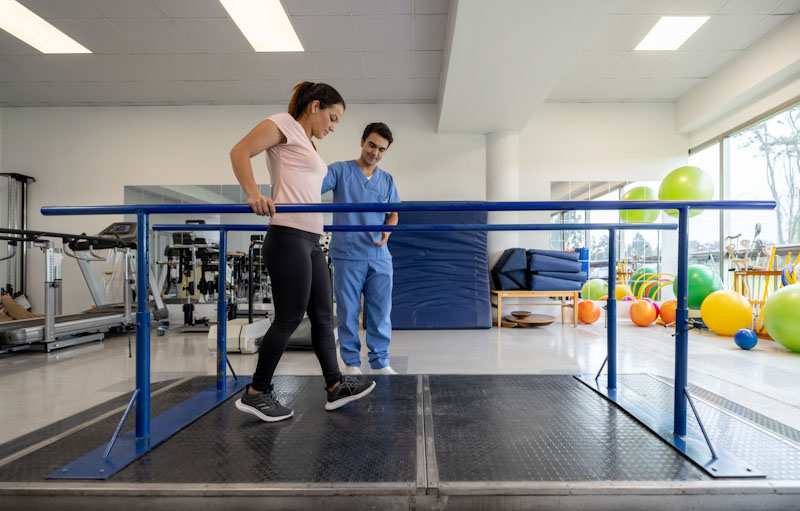




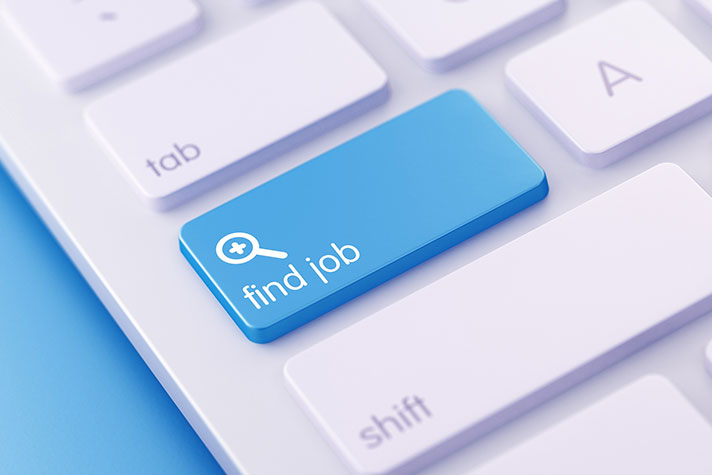




_1.jpg)




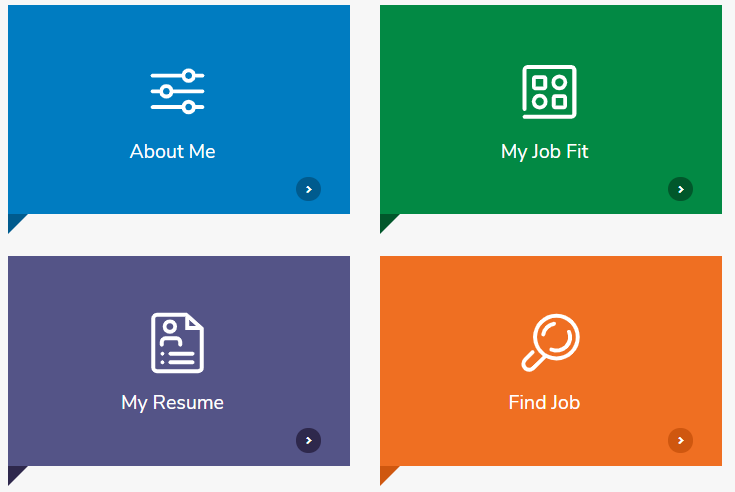

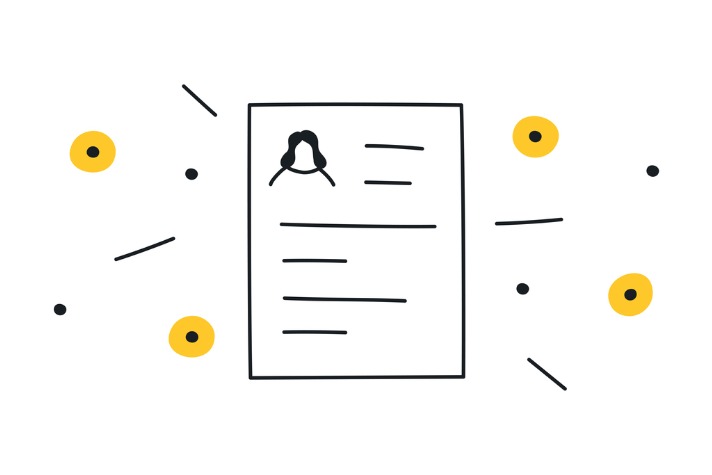

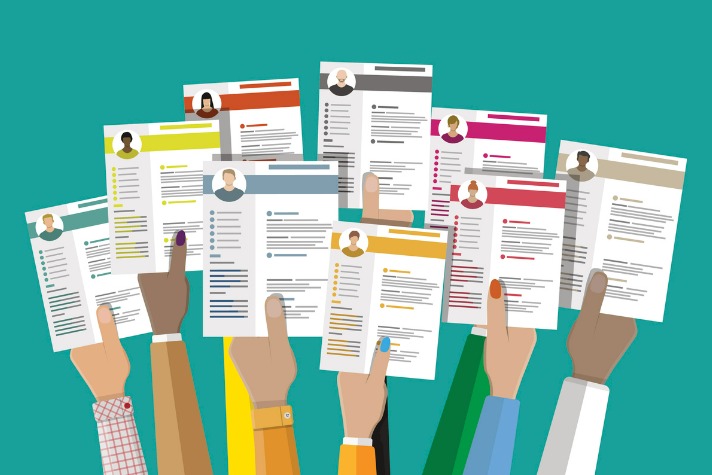











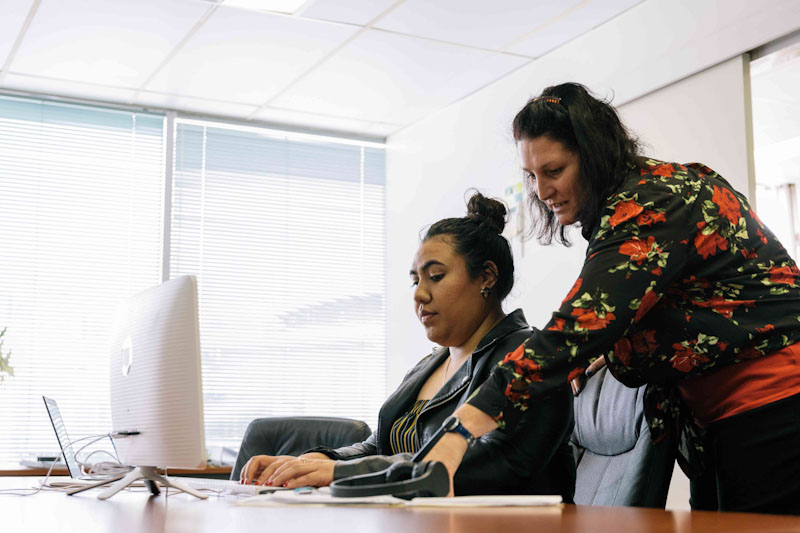








.jpeg)
